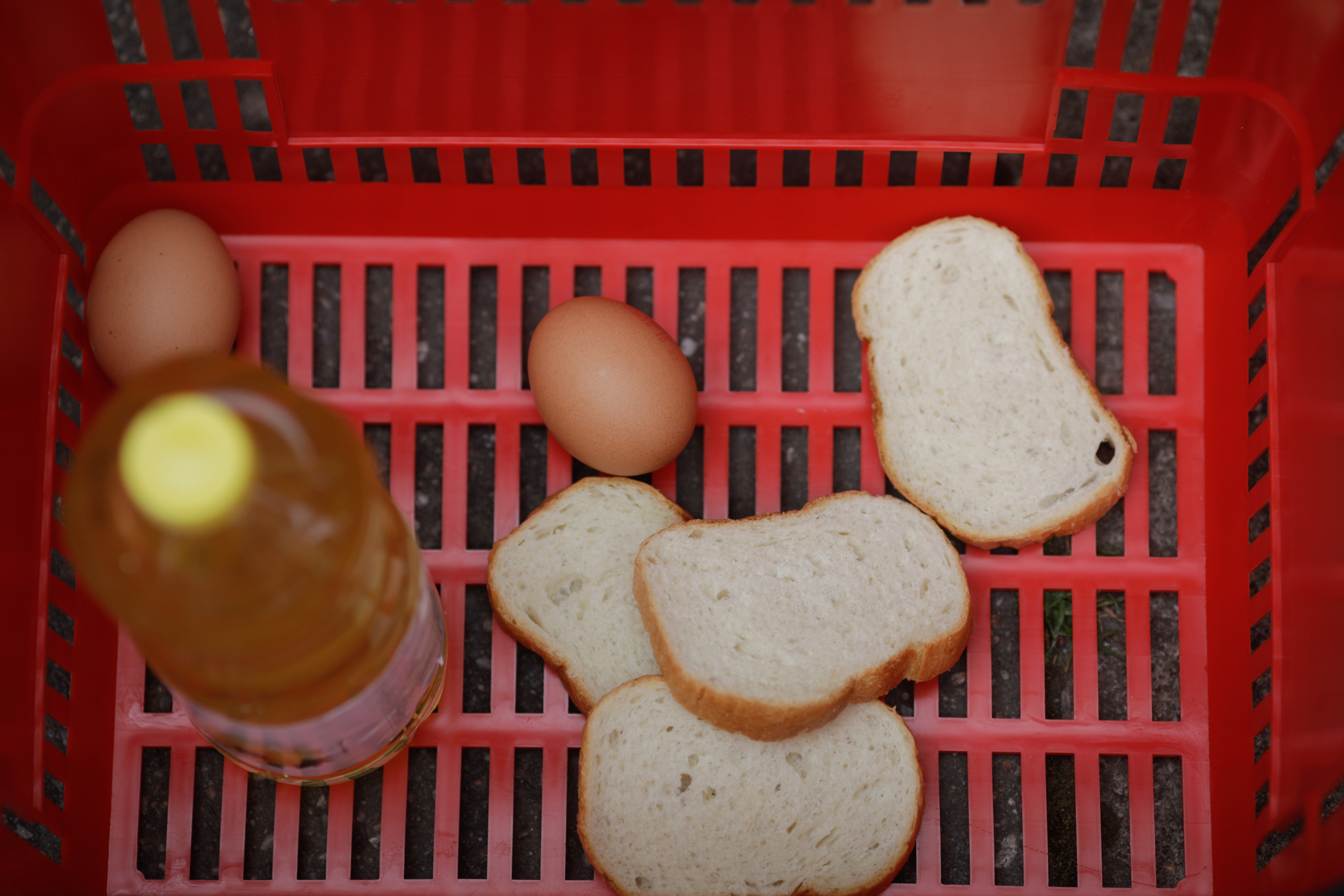The food basket price for low-income consumers has increased by R344 over the past year.

The household food basket price for April has increased, with cooking oil costing R52,35 more as the core food price that increased the most along with 34 of the 44 foods surveyed.
These increases are the result of the war in Ukraine, high brent crude oil price, high fuel price and a weak exchange rate.
According to the Pietermaritzburg Economic Justice and Dignity group, which compiles the basket for the Household Affordability Index monthly with the help of women on a low-income who try to find the best prices, much higher production and logistical costs will continue to drive prices upwards and are likely to continue rising for the rest of 2022.
“The recent flooding in KwaZulu-Natal, which has not yet been accounted for in the April data as prices were collected before the rains, will add to these increases in the following months.”
The average cost of the Household Food Basket for April 2022 is R4 542,93, that is R92,84 (2,1%) more than the R4 450,09 it cost in March 2022 when the cost was R4 542,93. The average cost of the basket was also R344,00 (8,2%) more than the R4 198,93 it cost in April 2021.
ALSO READ: Food basket increases by 10% in a year, cutting nutritious food for poor children
Large increases in these foods
The index tracks food price data from 44 supermarkets and 30 butcheries, in Johannesburg, Durban, Cape Town, Pietermaritzburg and Springbok.
Significant increases of 5% and above, were noted for:
- cooking oil (5 l) increased from R124,89 in April 2021 to R177,23 in April 2022 (R52,35 more)
- potatoes (10kg) increased from R63,07 in April 2021 to R69,48 in April 2022 (R6,41 more)
- beef (2kg) increased from R158,22 in April 2021 to R171,31 in April 2022 (R21,09 more)
- fish (2 kg) increased from R99,25 in April 2021 to R101,62 (R10,96 more)
- spinach (8 bunches) from R92,93 in April 2021 to R105,35 (R12,42 more)
- cabbage (2 heads) from 34,29 in April 2021 to R37,18 in April 2022 (R2,89 more)
- green pepper (2 kg) from R45,06 in April 2021 to R44,68 in April 2022 (38 cents more)
- tinned pilchards (400g x 6) from R117,89 to R132,53 in April 2022 (R14,64 more)
- bananas (4 kg) R65,29 in April 2021 to R67,53 in April 2022 (R2,24 more)
- polony (2.5 kg) R48,85 in April 2021 to R64 in April 2022 (R15,15 more)
- apricot jam (900g) from R29,51 to R30,85 (R1,34 more).
Other products that showed price increases compared to April 2021 were maize meal (2%), cake flour (9%), white sugar (4%), samp (12%), eggs (12%), milk (5%), frozen chicken portions 13%), margarine (13%), peanut butter (3%) and bread (9%).
The basket price increased in all the areas compared to April 2021:
- Johannesburg by R242,49
- Durban by R409,21
- Cape Town by R308,67
- Springbok by R449,46 (10%)
- Pietermaritzburg by R449,65.
ALSO READ: Ukraine crisis means food prices will see more spikes, not only in SA, but across Africa
Food basket costs hitting poor consumers hard
The surge in the cost of food is hitting low-income households hard.
The women who do the price survey say they have already cut their shopping lists so much that there is nothing left to go without.
“We cannot afford to live. We just wake up and see if we can get through it. We borrow money from our children, our neighbours, loan sharks,” one of them says.
“Women tell us that when your list is down to the basics, you have no choice – you have to buy. What are your children going to eat? What we are seeing now is a sharpening of what has been happening over the past few years.
“Women find the money to buy the basics. More often they buy smaller volumes of foods of the cheapest brands on the shelf and they make a plan. Everything becomes short-term, day-by-day, week-by-week. They run out of some foods and they stay that way until they can find money.
“The plate is hollowed out. There is no colour on the plate. They eat the same foods day in and day out. Everybody is miserable because nobody is eating properly. Women live on their nerves, trying to find a plan, a way, a special,” the group says.
ALSO READ: Food price crisis: Sunflower and all other edible oil prices expected to skyrocket
Is government intervention required in food basket price?
Supermarkets have responded by rounding off the higher food prices by bringing in a lot of new cheaper brands, offering shop brands, specials, ‘combos’ consisting of maize meal, rice, flour, sugar, oil, potatoes, onions and carrots and store cards.
The women say this helps them, but nobody really knows the real fair cost of food now.
“The current food price shocks are happening on food baskets that have been unaffordable for the past few years. Most families now only buy the basic of the most basic foods. There is nothing to cut back. There is no behavioural change to make. Women have exhausted their strategies. There is no space to manoeuvre on the family plate. The space that is left is on finding a cheaper priced food. This space is the domain of the retailers.”
The group says government intervention is required and increasing social grants have shown to be effective.






